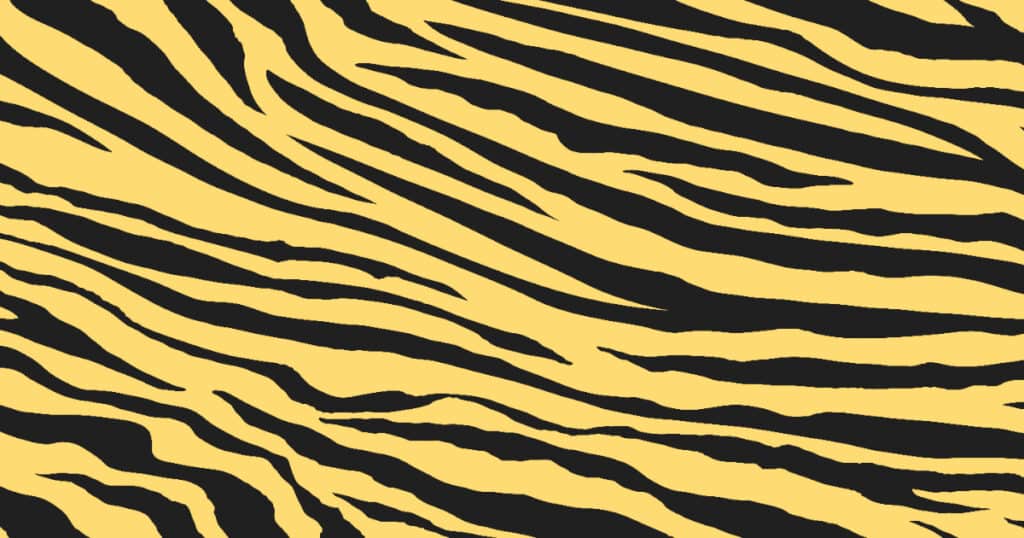
The Mahabharata is a collection of hundred Parvas (or ‘sections’) that tell the story of a long-standing family feud between two sets of cousins – the Kauravas and the Pandavas – for control of the Kuru throne in Hastinapur.
The climactic event of the story is an eighteen-day war that happens between the two factions on the battlefield of Kurukshetra.
It is commonly understood that the Pandavas are the protagonists of this tale and the Kauravas the antagonists – though many retellings have appeared over the years that flip this structure.
In this post, we will summarize the Kairata Parva.
(For a full summary of the Mahabharata with all hundred Parvas, see Mahabharata Summary: All 100 Parvas Explained.)
The Pashupatastra
Arjuna worships Shiva over four months of severe penance. In the first month, he eats only fruits, once every three nights. In the second month, he eats a meal once every six nights.
He spends the third month eating only once a fortnight, and by the fourth month, he is subsisting on air alone.
The sages and gods of the Earth become worried at this. They go to Shiva and persuade him to stop Arjuna.
Shiva disguises himself as a hunter, and accompanied by Parvati (who dresses in the garb of a huntress), floats down to the tree in Indrakila under which Arjuna is standing on one foot.
At about the same time, an Asura called Muka disguises himself as a wild boar with the intention of killing Arjuna. As the boar is charging at the prince, he interrupts his worship to pick up the bow and shoot at the beast one well-aimed arrow.
But two arrows strike the boar on the side, and it falls to its death. One of them is Arjuna’s. The other belongs to a hunter who steps into the clearing accompanied by his wife.
He tells the prince, ‘You have ventured into my part of the woods, O Brahmin. And the beast you shot at was first felled by my arrow. The meat is therefore mine.’
Arjuna versus Shiva
‘I have no need for food, O Hunter,’ Arjuna says, ‘for I have long given up food for the worship of my lord. But your arrogance astounds me. Do you know who you speak to?
‘I am the brother of King Yudhishthir, who is the emperor of all the lands you have never heard of. Just to teach you a lesson I will fight you and take that pig’s carcass for myself.’
The smiling hunter does not rise to the bait, but he does not remove his foot from the side of the dead boar either. ‘I would like to see you try, O Prince,’ he says.
Arjuna fits two arrows onto his bow and shoots them at the hunter, but both of them fly out of sight. ‘A prince who cannot aim at this big a target?’ says Shiva, gesturing at himself.
‘Your brother Yudhishthir must not rely on you to win his wars.’
Arjuna Loses
Arjuna shoots two more arrows with a grunt of impatience, and they also miss their mark. He throws the bow onto his other hand and tries again, still in vain.
Frustrated, he runs up to the hunter and tries to hit him on the head with the bow, but even as the weapon shatters to pieces, the hunter remains smiling and unhurt.
Arjuna realizes that something is not right, and just as he is about to piece things together, Shiva shows him his true form, and grants him the use of the Pashupatastra.
‘This weapon can be propelled by thought, speech or by the strength of your arms with a bow,’ he says. ‘And there is no one in the whole three worlds that will not be slain by it.
‘However, you must take care not to use it on a foe that is weaker than you are, because then it will reduce all of creation to ashes.’
After Shiva departs, having first quelled Arjuna’s pride and then given him the Pashupatastra, a few other gods appear and give a few gifts to the Pandava.
Other Gifts
Four other gods descend from heaven after the departure of Shiva: Indra, the king of the gods; Yama, the son of Surya and the lord of the dead; Varuna, the keeper of the water and the chief of Daityas and Nagas; and Kubera, the treasurer among the celestials.
Yama first speaks to Arjuna and gives him his mace, along with the required knowledge and technical mastery required to use it in battle.
Varuna comes next, and presents an array of nooses. ‘During the rescue of Taraka, the wife of Brihaspati,’ he says, ‘thousands of mighty Daityas were seized and tied with these weapons.’
Kubera blesses Arjuna in his turn, too. ‘It gives me as much pleasure to see you as it does to behold Vishnu himself,’ he declares. ‘Accept from me this weapon called the Antarddhana.
‘It is capable of sending its victim to sleep. This was the weapon that Shiva used during the destruction of Tripura, and many great Asuras were consumed by its power.’
Indra Takes Arjuna
Indra grants Arjuna the gift of divine sight, by which he can see the gods in all of their splendour. ‘You are destined for great deeds, my son,’ he says.
‘Let me invite you onto my chariot, and my charioteer, Matali, will drive us into heaven. Once we are there, I shall give you all my celestial weapons.’
Arjuna then worships all the gods with all the required rites, and ascends to heaven along with Indra.
The Kairata Parva ends on this note, making way for the Indraloka Gamana Parva.